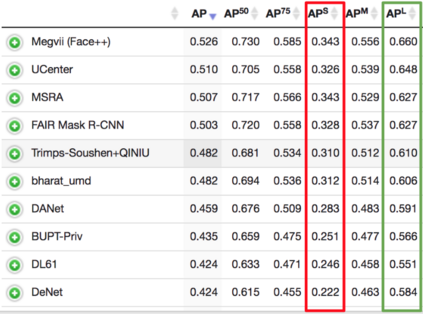Forecasts inform decision-making in nearly every domain. Forecasts are often produced by experts with rare or hard to acquire skills. In practice, forecasts are often used by domain experts and managers with little forecasting expertise. Our study focuses on how to design forecasting software that empowers non-expert users. We study how users can make use of state-of-the-art forecasting methods, embed their domain knowledge, and how they build understanding and trust towards generated forecasts. To do so, we co-designed a forecasting software prototype using feedback from users and then analyzed their interactions with our prototype. Our results identified three main considerations for non-expert users: (1) a safe stepwise approach facilitating causal understanding and trust; (2) a white box model supporting human-reasoning-friendly components; (3) the inclusion of domain knowledge. This paper contributes insights into how non-expert users interact with forecasting software and by recommending ways to design more accessible forecasting software.
翻译:暂无翻译
























